Summaries of books about Political Theory:
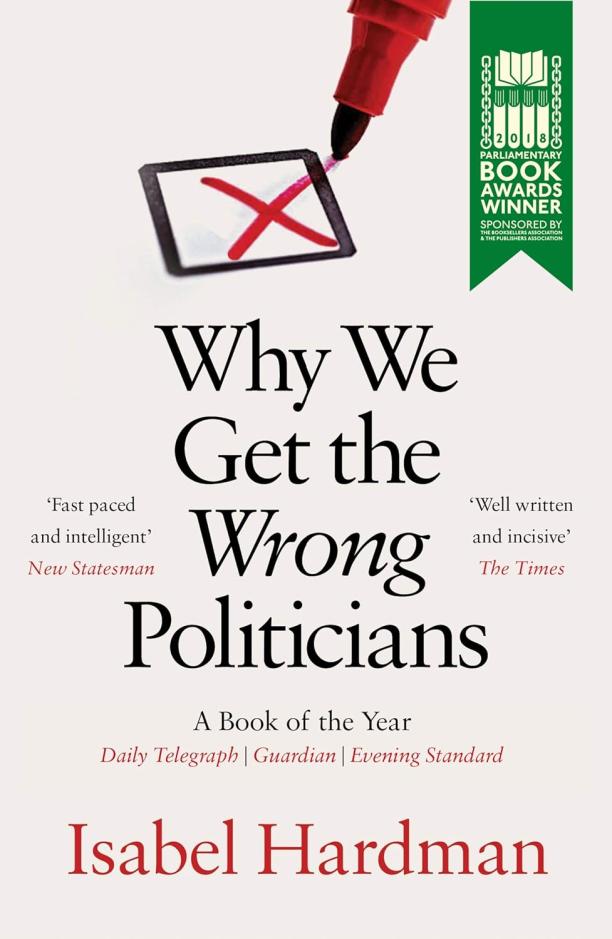
Why We Get the Wrong Politicians
Isabel Hardman
The book scrutinizes the flaws within the British political system, exploring how the electoral process, party dynamics, and parliamentary practices often lead to the selection of ineffective representatives. It delves into the barriers to entry for potential politicians and the disconnection between the electorate's needs and the actions of elected officials.
See full summary
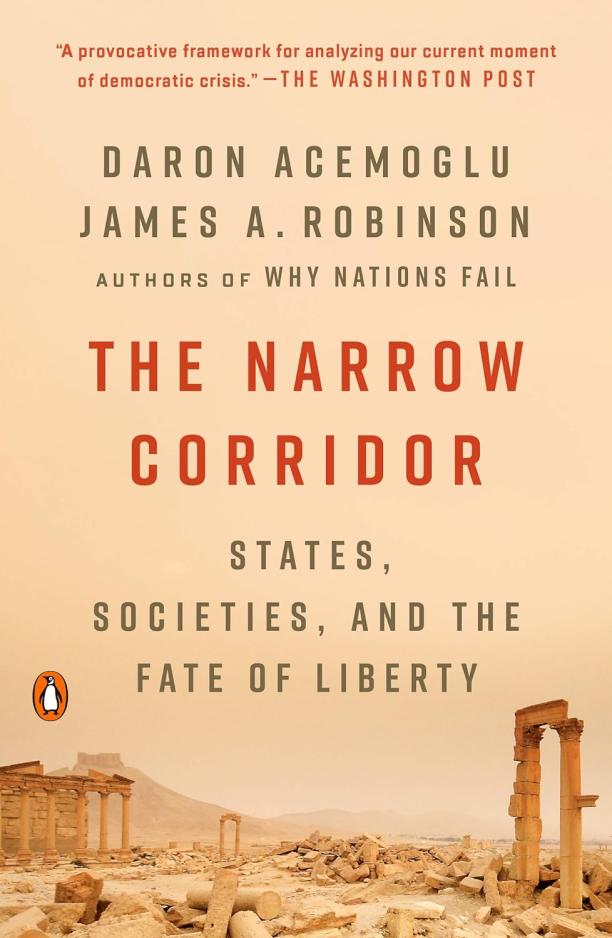
The Narrow Corridor
States, Societies, and the Fate of Liberty
Daron Acemoglu|James A. Robinson
The book explores the delicate balance between state and society necessary for achieving and maintaining liberty, arguing that only a "narrow corridor" allows for the development of inclusive institutions that enable freedom. It examines historical and contemporary examples from around the world to illustrate how different societies navigate this corridor and the challenges they face in sustaining liberty.
See full summary
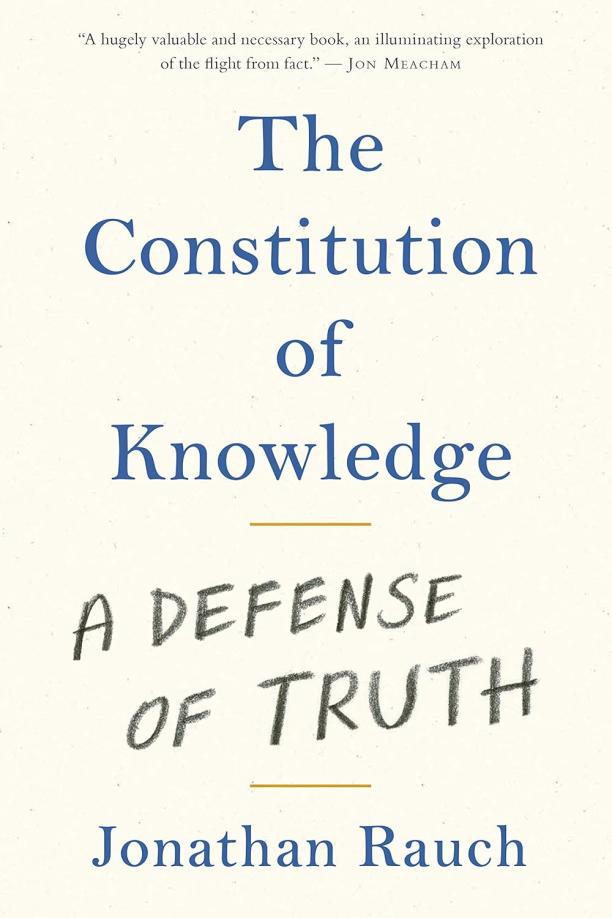
The Constitution of Knowledge
A Defense of Truth
Jonathan Rauch
The book argues for the importance of truth and the systems that support it, emphasizing the role of societal norms and institutions in validating knowledge and protecting against misinformation. It explores challenges to the truth, such as disinformation and censorship, and advocates for a collective commitment to intellectual honesty and the rigorous vetting of ideas through open debate and criticism.
See full summary
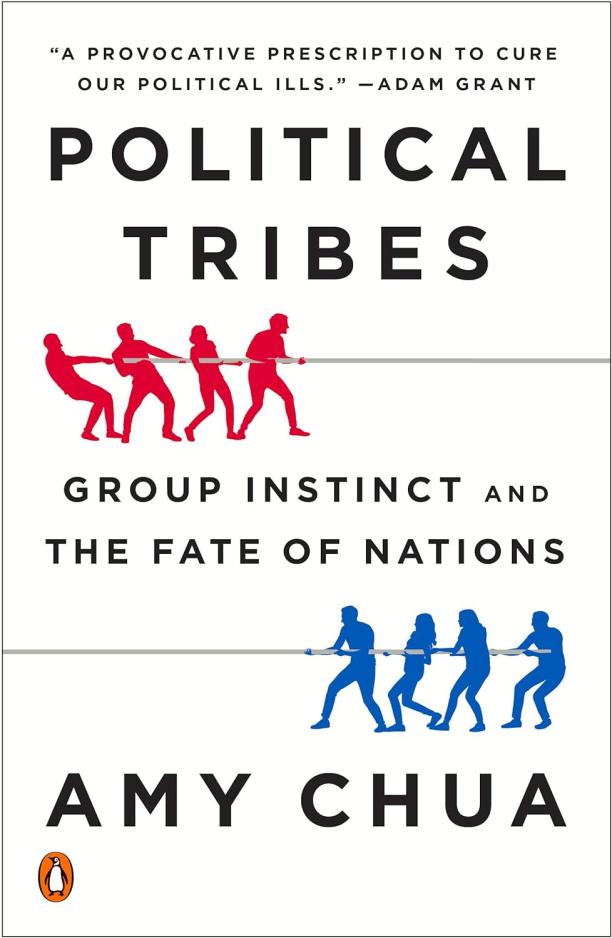
Political Tribes
Group Instinct and the Fate of Nations
Amy Chua
The book examines how group identities related to ethnicity, religion, and cultural background can lead to deep divisions within societies, often undermining national unity and fueling conflict. It argues that American foreign policy has repeatedly failed by not accounting for the power of tribalism in other nations, leading to disastrous interventions.
See full summary
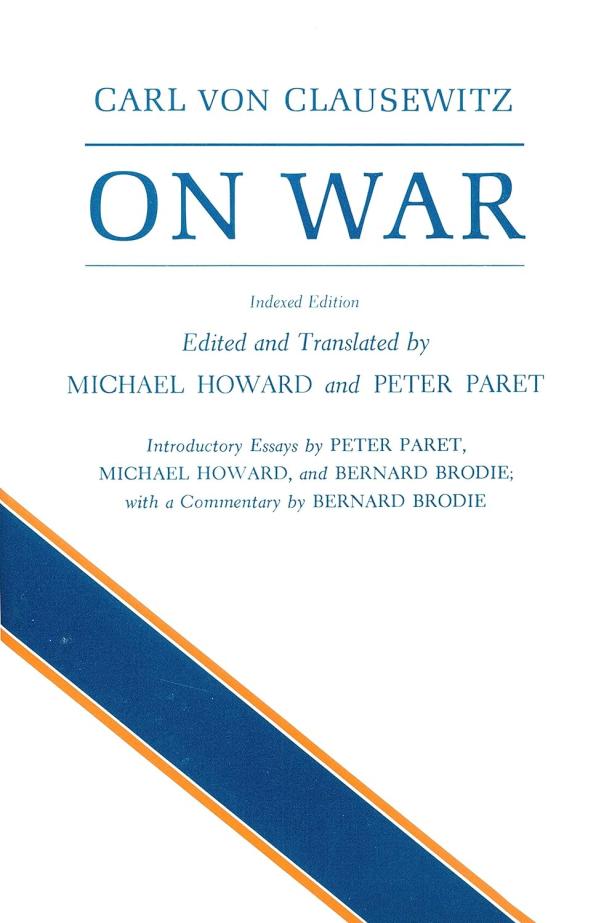
On War
Carl von Clausewitz
The book is a seminal work on military strategy and theory, exploring the nature of war, the importance of political considerations, and the interplay between chance, friction, and the fog of war. It emphasizes the psychological and human aspects of conflict, the concept of the "remarkable trinity," and the idea that war is a continuation of politics by other means.
See full summary
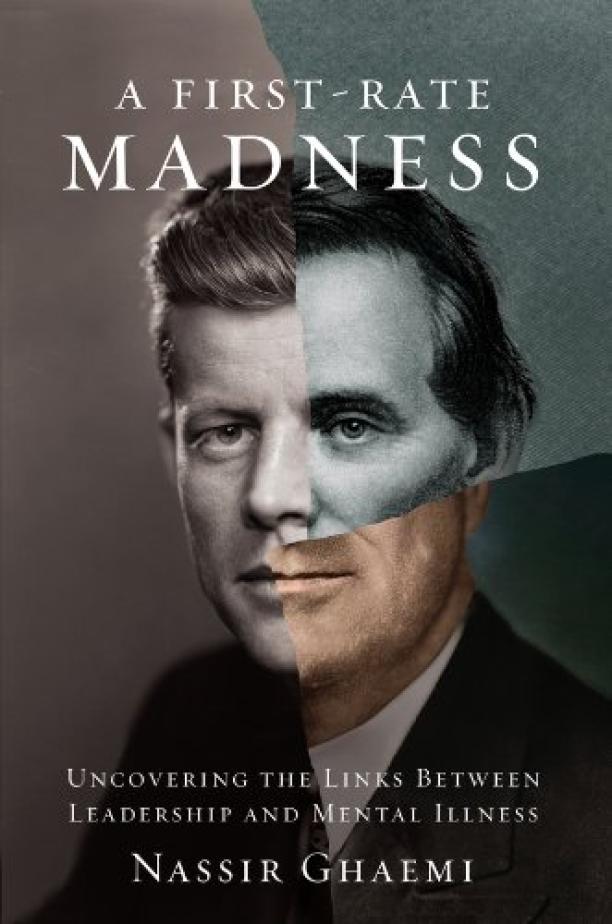
A First-Rate Madness
Uncovering the Links Between Leadership and Mental Illness
S. Nassir Ghaemi
The book explores the theory that certain mental illnesses, such as depression and bipolar disorder, can enhance the leadership abilities of individuals during times of crisis. It examines historical figures, arguing that their mental health struggles contributed to their exceptional crisis leadership skills.
See full summary
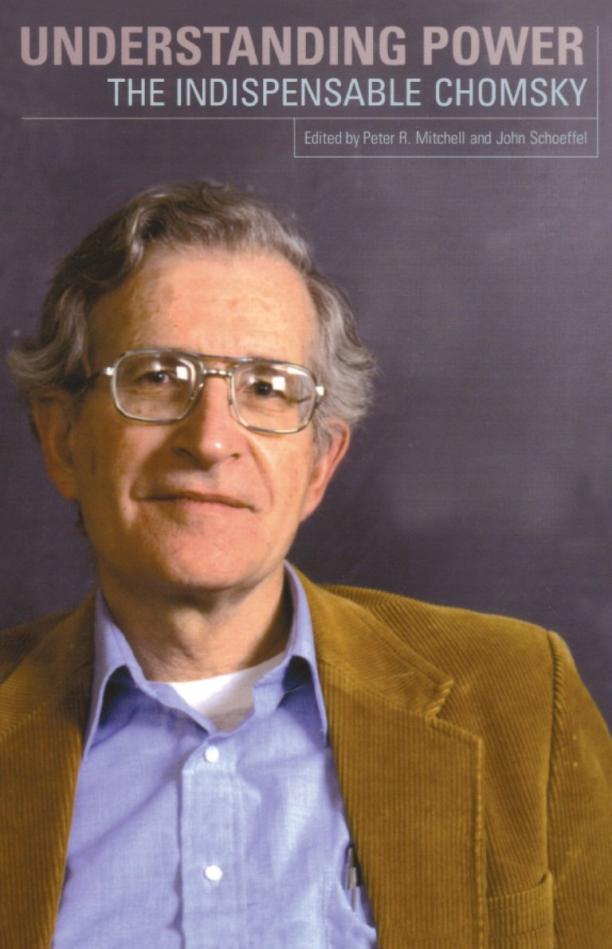
Understanding Power
The Indispensible Chomsky
Noam Chomsky|John Schoeffel|Peter Mitchell
The book is a compilation of edited transcripts from seminars and discussions where Noam Chomsky offers his insights on a wide range of topics, including politics, media, democracy, and power structures. It provides a critical analysis of the ways in which elite interests control public discourse and maintain their dominance.
See full summary
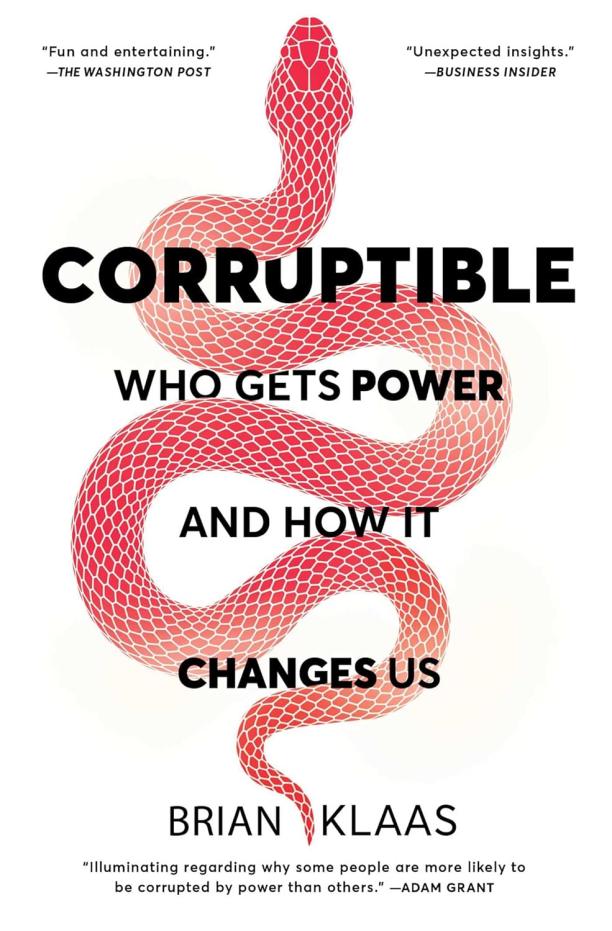
Corruptible
Who Gets Power and How It Changes Us
Brian Klaas
The book explores the psychology and characteristics of individuals who seek power, examining both the allure of authority and its potential to corrupt. It delves into historical examples, psychological research, and interviews with powerful figures to understand how power impacts behavior and the types of personalities that are drawn to it.
See full summary
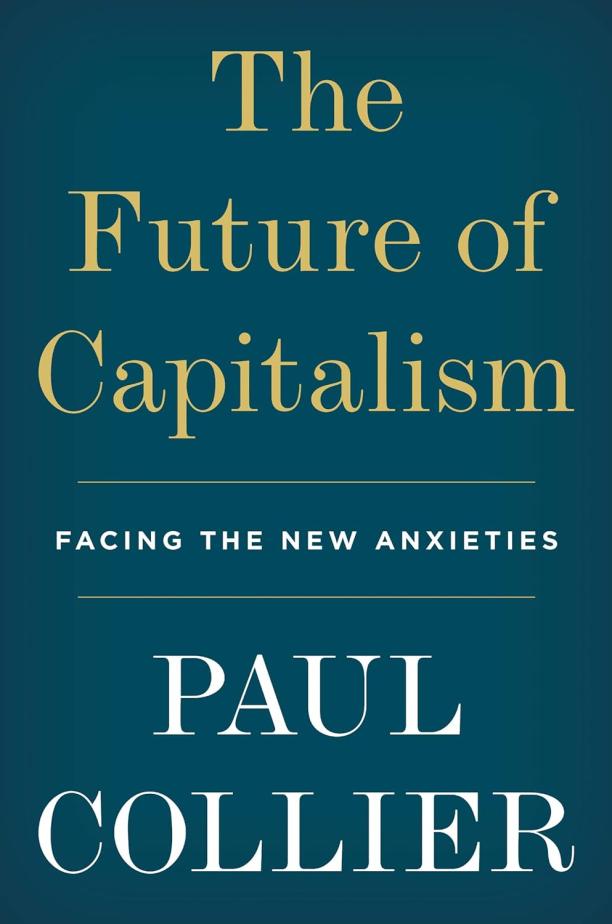
The Future of Capitalism
Facing the New Anxieties
Paul Collier
The book delves into the challenges facing modern capitalist societies, including deepening economic divides, cultural tensions, and the erosion of ethical norms. It proposes pragmatic solutions to rebuild communities, reform capitalism, and bridge social divides through a blend of ethical social policies, stronger government interventions, and a renewed sense of shared responsibility.
See full summary
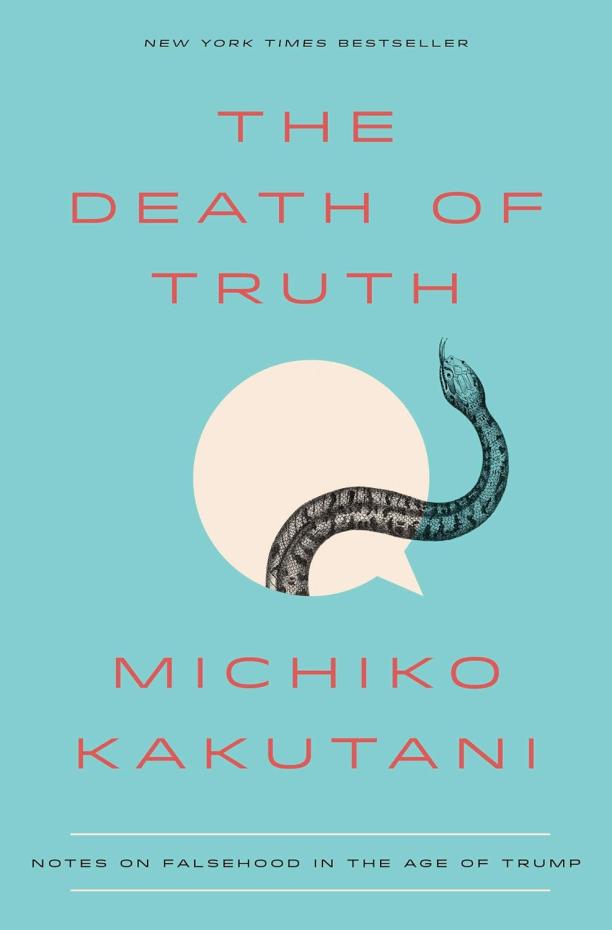
The Death of Truth
Notes on Falsehood in the Age of Trump
Michiko Kakutani
The book examines the decline of objective truth in contemporary American culture and politics, particularly highlighting the role of social media, fake news, and the Trump administration in eroding the value of facts and analysis. It explores historical and intellectual contexts for this phenomenon, drawing parallels with totalitarian regimes and discussing the impact on democracy and public discourse.
See full summary